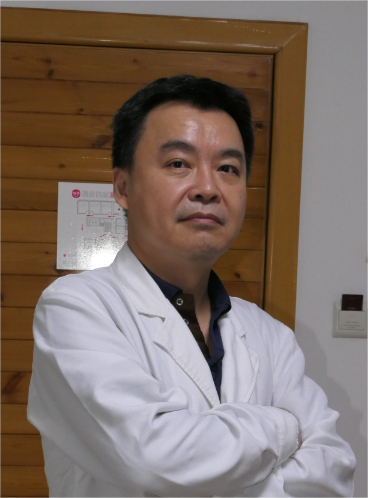What happens if testicular hernia is left untreated?
In general, testicular hydrocele is a cystic lesion caused by an excessive accumulation of fluid in the tunica vaginalis cavity surrounding the testicle. It can occur at any age and is a common clinical condition. If left untreated, testicular hydrocele may lead to symptoms such as pain, swelling, varicocele, testicular atrophy, or even testicular necrosis. Specific analyses are as follows:
1. Pain
If testicular hydrocele is not treated promptly, it may gradually enlarge and compress surrounding tissues, causing pain. Under medical guidance, patients may take medications such as ibuprofen sustained-release capsules or celecoxib capsules to help relieve pain.
2. Swelling
If not treated in time, testicular hydrocele may progressively increase in size, leading to testicular enlargement along with symptoms such as pain and swelling. Under medical supervision, patients may use medications like amoxicillin capsules or cefixime capsules, which have anti-infective effects.
3. Varicocele
Untreated testicular hydrocele may lead to varicocele, resulting in symptoms such as scrotal enlargement, a sensation of heaviness, and dull pain. Under medical guidance, patients may take medications such as diosmin tablets or acetaminophen tablets to improve varicocele symptoms.
4. Testicular Atrophy
If testicular hydrocele remains untreated, it may obstruct blood circulation in the testicle, leading to testicular atrophy. Patients may require orchiectomy (surgical removal of the testicle). Postoperative care is important, including keeping the wound dry to prevent infection.
5. Testicular Necrosis
If testicular hydrocele is left untreated, the accumulated contents may continue to enlarge, potentially causing ischemia and necrosis of the testicle. It is recommended that patients undergo orchiectomy under medical guidance. In some cases, interventional therapy may also be considered.
In daily life, patients should avoid staying up late, excessive alcohol consumption, and eating spicy or irritating foods such as chili peppers and mustard. Engaging in moderate outdoor physical activities such as tai chi or jogging may aid in recovery. Patients should seek timely medical attention when experiencing discomfort and follow standardized treatment under medical supervision to promote recovery.








